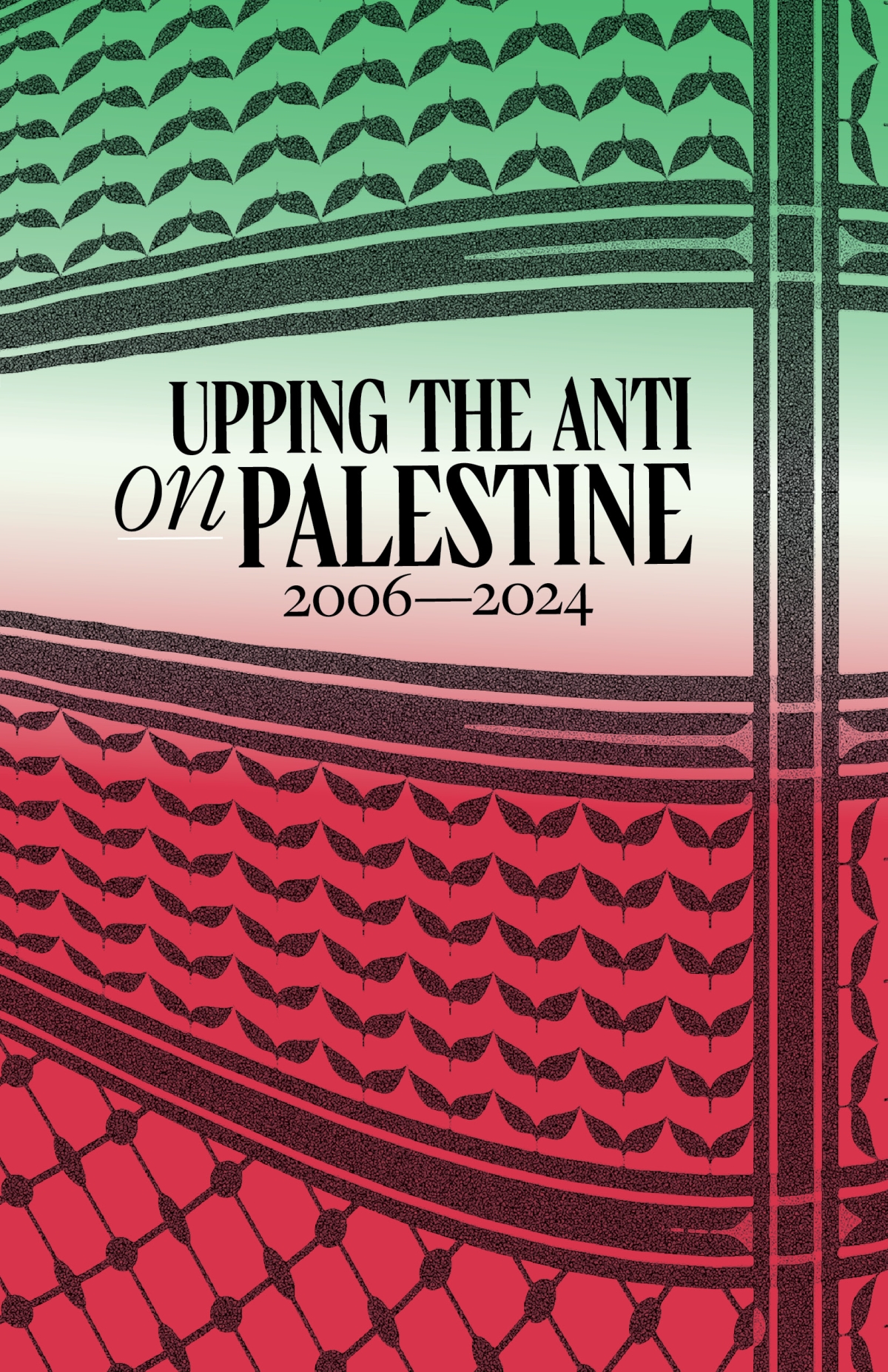Cautionary Notes on Spontaneity and Organization
Dear UTA,
Congratulations for producing Upping the Anti 14 in spite of adverse circumstances.
The issue’s editorial concludes that we (the revolutionary Left) “must commit to ever increasing spontaneous proliferation of organizational experiments and when we fail we must learn to, as Samuel Beckett said, fail again and fail better” (37). The central idea here is a really good one. However, if we want to fail better, and not just fail again, I think we need to take into account some important considerations that the editorial doesn’t address.
“Perhaps, to get beyond the limitations that these recent movements [such as Occupy and the Québec student strike] have come up against, an investigation of previous forms of struggle is necessary,” the editorial suggests. It mentions early twentieth–century European workers’ councils and “the steward committees of the radical British shop steward movement in the 1910s ... These historical formations might tell us something about where we want to go today and how we should get there.” The editorial adds that “Contemporary experiments should also inform our practice” (36).
The historical examples mentioned were important high points of working class self-organization. Committees of elected activists from many workplaces in a single industry are powerful organizations for struggle. Workers’ councils bringing together delegates elected from workplaces across many sectors in the midst of militant mass struggles are potentially revolutionary, since they have the possibility of becoming new institutions for running society, in place of the capitalist state. Let’s recall that the left-Indigenous mass movement in Bolivia created similar “assemblyist and participatory forms of democratic power” (Jeff Webber’s phrase) a decade ago. We should indeed aspire to such organizations.
But when it comes to the question of how we should get there, no easy answers are to be found in past experiences (whether in Russia, Spain, Bolivia, or anywhere else). Radicals in Canada (and many other places) confront a crucial reality beyond our control: the working class has been severely decomposed by neoliberal capitalist restructuring and the many defeats of the last several decades. The signs are all around us, from the weakness of collective resistance, to austerity measures, to the low level of solidarity between different groups of people, to the lack of challenge within most unions, to the disastrous direction being given by official leaderships. The situation in Québec is better than elsewhere in Canada, and some new links of solidarity are being forged (as we saw in Québec in 2012 and are seeing in a very different way around Idle No More), but the overall trend is still negative.
No sector of the working class here is anywhere close to creating organizations as advanced as committees of activists (each rooted in a workplace or community) who are capable of mobilizing thousands of people. That’s what the strongest of the British shop stewards’ committees were like a century ago. Even at the height of the Québec student strike, the neighbourhood assemblies in Montréal weren’t even remotely like that. Investigating past struggles is valuable; many of us today understand very little about movement histories. But when self-organization in workplaces and communities is as weak as it is today, looking to the most advanced organizations created by people in the past doesn’t give us any guidance about “how we should get there.” Trying to derive practical guidance from them won’t help us because the context of our society is so different from the conditions in which they arose.
What’s certain is that a transformed working-class movement is the key to any future advanced organizations of the kind the editorial rightly points to. But no one has the recipe for such a movement. The best we can do is to strengthen the most promising organizing in the present in the hope that this will contribute to reinventing the movement in the future, bearing in mind that organizing that isn’t grounded in a solid assessment of actually-existing social conditions will be ineffective. So, yes, we need more “organizational experiments” and we need to learn from past experiences, but the highest peaks of the past give us no practical guidance about what to do today. If we want to do better, what we really need are more serious efforts to understand the conditions in which we’re trying to organize and to learn from recent experiments.
The other point I’d like to raise about the editorial is that I think it unhelpfully blurs together two quite different phenomena: mass movement organizations (such as unions, student unions, Occupy, and workers’ councils, which by their nature are broad and bring together people with a range of political views), and organizations of anti-capitalists or revolutionaries (like Marxist or anarchist political groups/parties). If we’re talking about the experiments of the anti-capitalist Left (and we should, since that’s the “we” the editorial addresses), then I think we should approach and assess them from the perspective of how they help us contribute to reinventing the workers’ movement and movements of oppressed people in our time and place. This doesn’t mean rejecting political organizations. As the French revolutionary socialist Daniel Bensaid put it, without them we end up in most cases with “either an aimless tailism towards the spontaneity of social movements, or the worst form of elitist individualist vanguardism.” But it does mean being clear that such organizations should exist to advance struggles, not as ends in themselves.
In solidarity,
David Camfield
Winnipeg, MB

